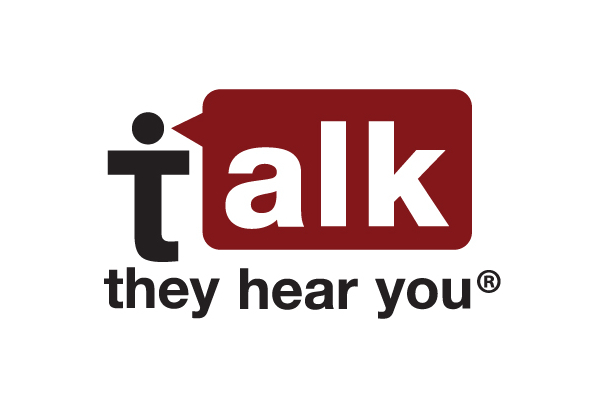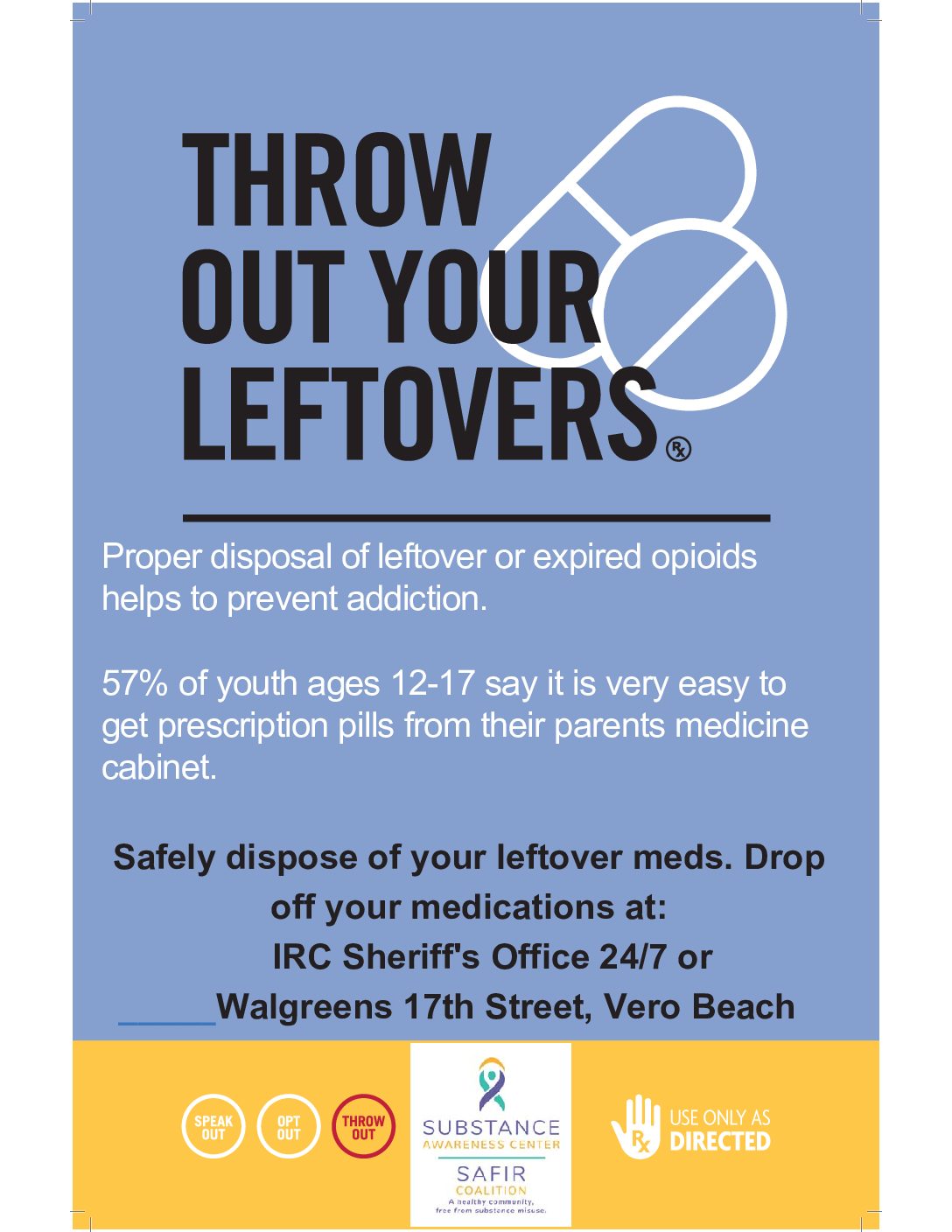You are the first line of defense

Talk They Hear You
is a non-profit program that empowers parents by providing tools and resources to speak to kids and teens about alchohol and drugs.
We can all be a part of preventing substance mis-use, but our parents are the first line of defense.
What do I say?
Talking to your child about the dangers of drugs and alcohol isn’t always easy, but it could be one of the most important conversations you have with them. Parents have a significant impact on their children’s decision to try drugs and alcohol. If you are unsure about how to start or what to say take a look at SAMHSA’s five conversation goals to give you a good starting point:
- Make it clear that you disapprove of underage drinking and drug use.
While it may be tempting to want to be your child’s friend or be a “cool” parent, that should never get in the way of your child’s safety. Make it clear and unquestionable that you disapprove of underage drinking and other drugs. - Show you care.
Ultimately, young people want you to be on their side. By giving your support and explaining that you want them to live healthy and successful lives, they are more likely to listen. Showing your concern for their well-being and happiness is a key factor in having a smooth conversation. - Be a reliable source of information.
Make it clear that you are open to answering your child’s questions about drugs and alcohol. By keeping lines of communication open, you can prevent your child from being misled from misinformation from friends and classmates. - Let them know you are paying attention.
Young people are more likely to drink and do drugs if they think no one is watching. Taking an interest in who your child’s friends are and knowing where they are is a good place to start without being overbearing. It’s important they know you are aware of who they are with and what they are doing. - Give your child strategies to avoid drinking and drug use. Peer pressure is a powerful force in a young person’s life. Even if you don’t think your child wants to drink or try drugs it’s important to give them the tools to turn them down if they are confronted with that situation. Give them a code word they can text you if they need to get out of an uncomfortable situation and give them the language they need to say “no”.
- Do not feel the need to address all of these points in a big sitdown talk.
By working these topics into casual daily conversations, your child will be more likely to listen.
For more information, visit
How much do you actually know about underage drinking and drug use?
Brush Up on the Facts
Talking to your child can be easier when you feel confident about your own knowledge on the topic. Check out these resources to brush up on your facts:
Indian River County Students Perception of Harm: Alcohol
%
of high school students do NOT believe daily alcohol use is harmful to them.
%
of middle school students think it is NOT harmful to drink alcohol.
%
of all youth think it is NOT harmful to drink more than 5+ drinks once or twice a week.
Lock it up
The easiest place to place for your child to access prescription drugs is in your home. Take these steps to make sure you are not supplying your child or their peers with drugs.
- Lock it up! Your medicine cabinet is easily accessible to your child and their friends. Utilize medication safes to ensure that your house isn’t an easy location to score drugs.
- Keep track of what you have. It’s important to know exactly what you have in your medicine cabinet. This way if anything goes missing you know.
- Dispose of unused alcohol and medications. Getting rid of unused and expired medications is an important step to make sure you know what you have and decreases the risk of them being taken. If you don’t use it, lose it!

Indian River County Students Perception of Harm: Marijuana
%
of high school students do NOT think it is harmful to use marijuana weekly
%
of high school students do NOT think it is harmful to try marijuana.
%
of middle school students think it is NOT harmful to use marijuana weekly.
%
of middle school students do NOT think it is harmful to try marijuana.

- I took alcohol from a family member 8.1%
- Someone gave the alcohol to me 32.2%
- Someone agreed to buy the alcohol for me 18.6%
- I purchased alcohol at a restaurant, bar, or club .8%
- I purchased alcohol at a store 24.5%
- Other 12.8%
50.8% of high school drinkers have someone give or buy them their alcohol and 67% of high school drinkers drink alcohol in their home or that of a friend’s home.

- Public Place 4.4%
- Vehicle 3.7%
- Restaurant, bar, or club 1.9%
- My house 23.8%
- Another person’s house 44%
- School Property 6%
%
